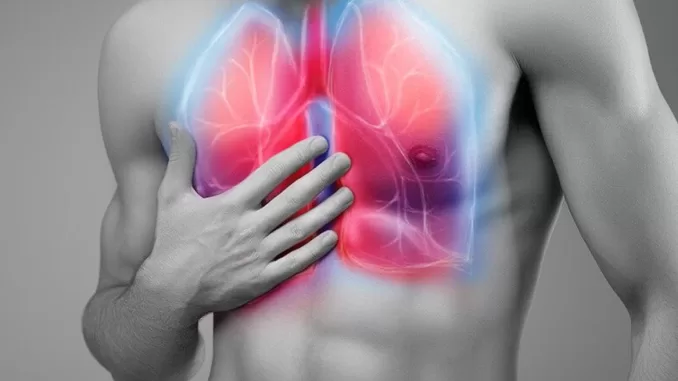
Acute respiratory distress syndrome is a lung condition that causes low supply of oxygenated blood in the fluids form inside the alveoli of the lungs. As a result, the lung breaks down. Therefore, the disease is usually life threatening. Hence it requires quick medical response from a health practitioner.
Causes of Acute respiratory distress syndrome
Some of the causes that can result to ARDS are:
- Pneumonia.
- Lung injury.
- Trauma on the head or the chest.
- Pancreatitis.
- Drowning.
- Sepsis- This is when the immune system gets aggressive to fight trauma.
Acute respiratory distress syndrome symptoms
Acute respiratory distress syndrome can be identified through symptoms such as:
- Shortness of breath.
- Confusion.
- Dizziness.
- Bluish skin (cyanosis).
- Rapid breathing.
- Chest pains.
- Loss of speech.
- Wheezing. Sweating a lot.
- Fast heartbeat.
- Cough that produces a phlegm.
- Fever.
However, some symptoms could also be a sign of other illnesses. Therefore, it is wise not to do over the counter medication. It is important to always seek medical advice for proper prescription.
Types of Acute respiratory distress syndrome
So, respiratory diseases can be categorized into four. They include: Those that affect the Upper airway, nasal cavity, oral cavity, pharynx and larynx, those that affect the lower airway(windpipe, lungs, alveoli, bronchus, lung tissue disease, those that affect the central nervous system(consists of the brain and the spinal chord).
Treatment
In order to manage the disease, patients are administered with oxygen to help them breathe. However, there is no known cure for ARDS. Diuretics are also administered. This helps to increase urination from the body. Antibiotics as well are used to treat bacterial infections
Is ARDS curable?
However, it is not possible to treated the respiratory disease. This is because it is 75% fatal. Most patients who are diagnosed with the disease lose their lives. The remaining 25% survive.
- Mago Pop age, family, wife, children, theatre shows, net worth.
- Jeff Eliasoph bio-wiki, age, children, wife, WVTM 13, net worth.
- Ben Affleck age, family, wife, children, movies, net worth.
- Jon Fitch Bio, Wiki, Actor, Martial Artist, Age, Education, Family, Children, Wife, Net Worth, and Career
- Nicholas Cage age, family, wife, children, movies, net worth.
- Cindy Fabre Bio, Wiki, Miss France, Age, Education, Family, Children, Husband, Net Worth, and Career
- Adele Bio-Age, Education, Marital status, Net worth, and songs.
Home remedy
So, acute respiratory distress can be managed at home by:
- Avoiding smoking.
- Using ginger.
- Taking a healthy diet.
- Exercising regularly.
- Getting enough sleep.
- Managing body weight.
- Avoiding exposure to pollutants.
- Getting vaccinated against diseases such as flu.
- Seeking medical assistance.
Who can be affected by ARDS?
ARDS can affect anyone without being mindful of their age. However, people who are heavy smokers are at a higher chance of getting the disease. Also, those who are obese and the elderly also fall under that category.
- Mount Kenya University history, fees, courses
- A list of special secondary schools, and contacts.
- How is The Lenana Boy school and location?
- Public Universities in Kenya
- Kenya Institute of special education, courses.
- Egerton university, fees, location, courses.
- Bay head elementary school history, enrolment, programs offered.